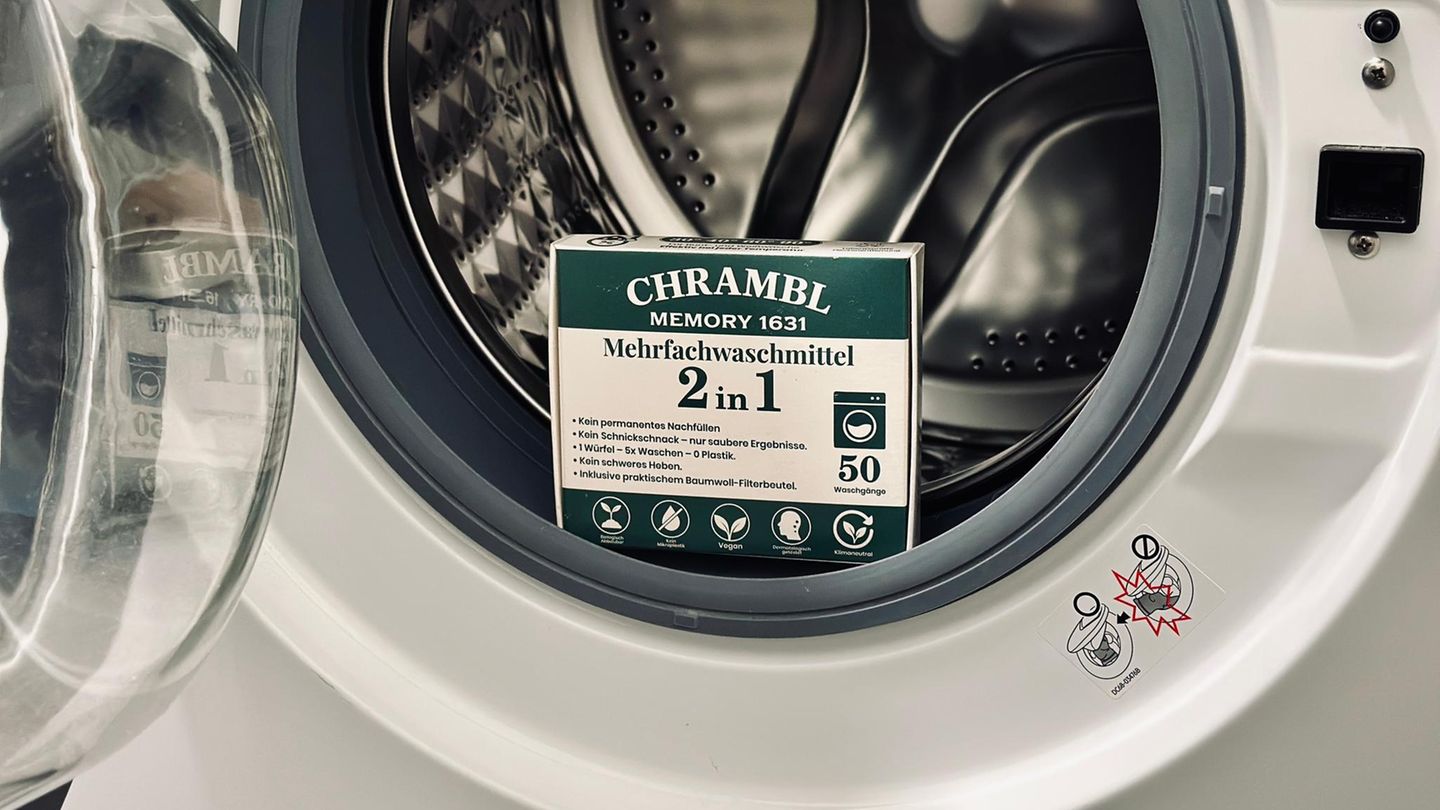Electronics or exhaust catalytic converters contain a lot of metal that is recycled. And also precious metals that criminals are interested in. Hamburg’s Aurubis became a victim of such criminals – with consequences for the boardroom as well.
At the Hamburg copper producer Aurubis, three out of four board members face early dismissal. Representatives of the Supervisory Board are currently in “advanced discussions with three members of the Board of Directors regarding the termination of their Board of Directors activities,” Aurubis announced on Monday evening.
In addition to CEO Roland Harings, CFO Rainer Verhoeven and Production Director Heiko Arnold would also lose their positions. A final decision by the entire supervisory board is planned for Tuesday. According to the information, Harings would resign from the board on September 30th, Verhoeven on June 30th and Arnold on February 29th. “These board members would continue to carry out their respective duties until their early departure.”
The Supervisory Board would use the personal details to draw the conclusions from the millions in damages that Aurubis incurred after several cases of fraud and theft. The control committee had commissioned investigations into the board’s responsibility in connection with the crimes from a law firm. The report was expected in mid-January.
Aurubis was the victim of criminals in several cases. The bottom line is that in December, when presenting the annual results for 2022/23 (September 30), the company spoke of a metal shortage of 169 million euros. Because of the damage, the operating profit before taxes (EBT), the most important internal control figure, fell by a good third to 349 million euros – with a decline in sales of almost 8 percent to 17.1 billion euros.
Large-scale fraud was particularly painful for the company. This was noticed during regular checks of the metal inventory. There were significant deviations from the target inventory as well as deviations in special samples of certain recycling deliveries. Aurubis assumes that manipulated samples with high levels of valuable metals were delivered, but that the deliveries then contained significantly less valuable metals – which ultimately led to excessive invoices being paid.
Source: Stern




